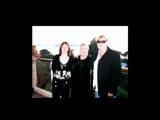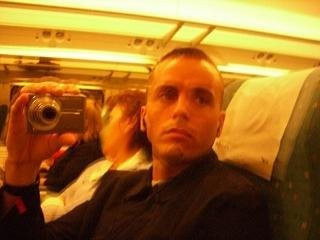FQS special issue VIRTUAL ETHNOGRAPHY...
FQS 8(3) "Virtual Ethnography"
English version
German version
Spanish version
Daniel Domínguez (Spain), Anne Beaulieu (The Netherlands), Adolfo Estalella (Spain), Edgar Gómez (Mexico), Bernt Schnettler (Germany) & Rosie Read (UK): Virtual Ethnography
Rubén Arriazu Muñoz (Spain): On New Means or New Forms of Investigation. A Methodological Proposal for Online Social Investigation through a Virtual Forum
Blanca Callén, Marcel Balasch, Paz Guarderas, Pamela Gutierrez, Alejandra León, Marisela Montenegro, Karla Montenegro & Joan Pujol (Spain): Riereta.net: Epistemic and Political Notes From a Techno-Activist Ethnography
Adolfo Estalella & Elisenda Ardèvol (Spain): Field Ethics: Towards Situated Ethics for Ethnographic Research on the Internet
Michaela Fay (UK): Mobile Subjects, Mobile Methods: Doing Virtual Ethnography in a Feminist Online Network
Heike Mónika Greschke (Germany): Logging into the Field -- Methodological Reflections on Ethnographic Research in a Pluri-Local and Computer-Mediated Field
Simona Isabella (Italy): Ethnography of Online Role-Playing Games: The Role of Virtual and Real Contest in the Construction of the Field (will follow soon)
Kip Jones (UK): How Did I Get to Princess Margaret? (And How Did I Get Her to the World Wide Web?)
Natalia Rybas & Radhika Gajjala (USA): Developing Cyberethnographic Research Methods for Understanding Digitally Mediated Identities
Maurizio Teli, Francesco Pisanu (Italy) & David Hakken (USA): The Internet as a Library-of-People: For a Cyberethnography of Online Groups

